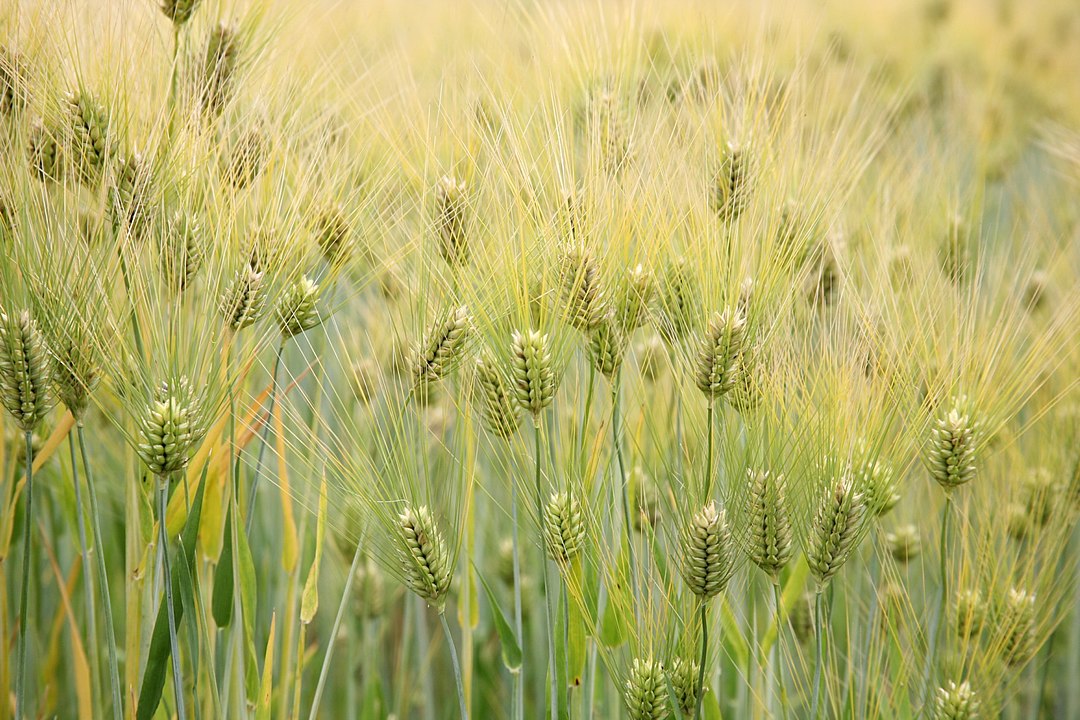Could Cover Crops Help Fight Global Food Insecurity?

Cover crops are grown to benefit the soil, not for harvest. Examples of cover crops can include peas, winter rye, sorghum and barley. The use of cover crops allows farmers to protect their soil before and after they harvest annual crops so that the ground is always covered. Cover crops are a sustainable technique, as they build healthy soil and conserve water, but could they help fight food insecurity?
According to experts, 26.4 percent of the world’s population faces moderate to severe levels of food insecurity, a percentage that amounts to 2 billion people. Global food insecurity is largely concentrated in Sub-Saharan Africa, Latin America and the Caribbean, and the rates are determined by factors such as income inequality, food prices and food distribution. Many food-insecure places are affected by droughts and dry seasons. The utilization of cover crops in food-insecure areas may help mitigate the effects of climate change, such as drought and extended dry seasons.
Environmental Protection
Building up organic matter in the soil is an integral part of protecting waterways since nitrogen and phosphorus runoff is the main contributor to water pollution and algal blooms. Utilizing cover crops can provide agricultural communities with long-term protection, building up healthy soil that is more resilient in the future. Additionally, certain types of cover crops do not require tillage, helping keep carbon in the ground. In some climates, farmers may also harvest cover crops without removing the roots, diversifying their operation while also protecting the ecosystem.
Current environmental disasters in food-insecure countries, such as the desert locust in West Africa and parts of India, are a result of climate change. Extractive farming methods, like tilling, only exacerbate the effects of climate change. Many farming methods rely on fossil fuels and technology to operate, a luxury that many communities do not have, and one that is not a sustainable solution. Cover cropping offers significant environmental protection, without reliance on external inputs.
…click on the above link to read the rest of the article…